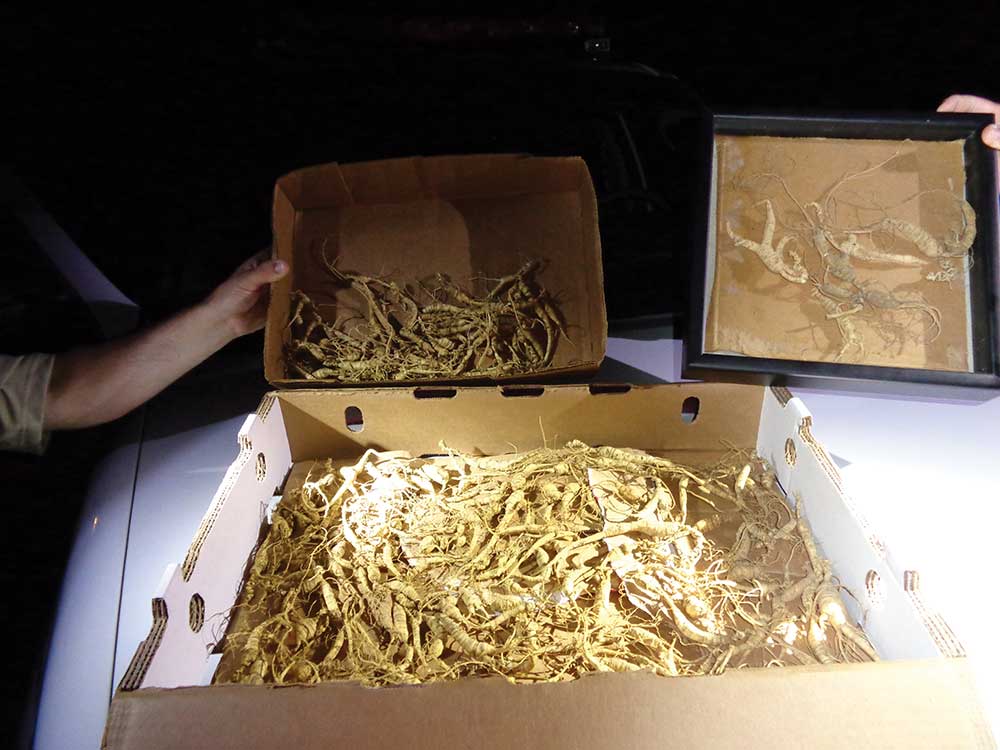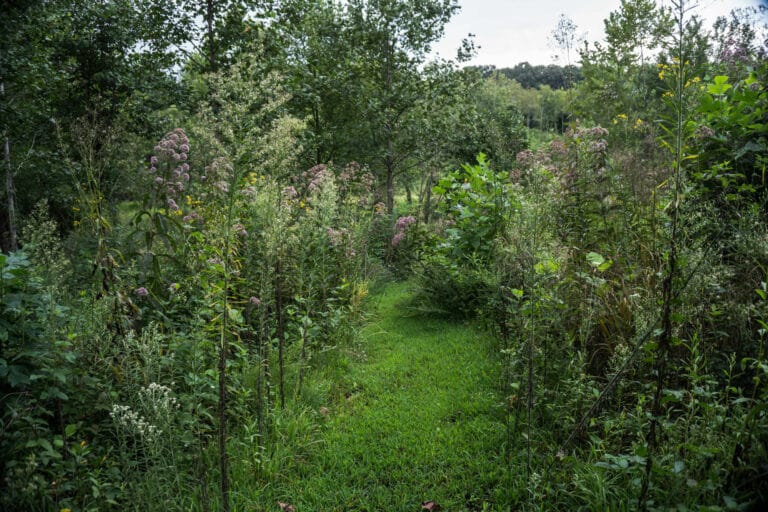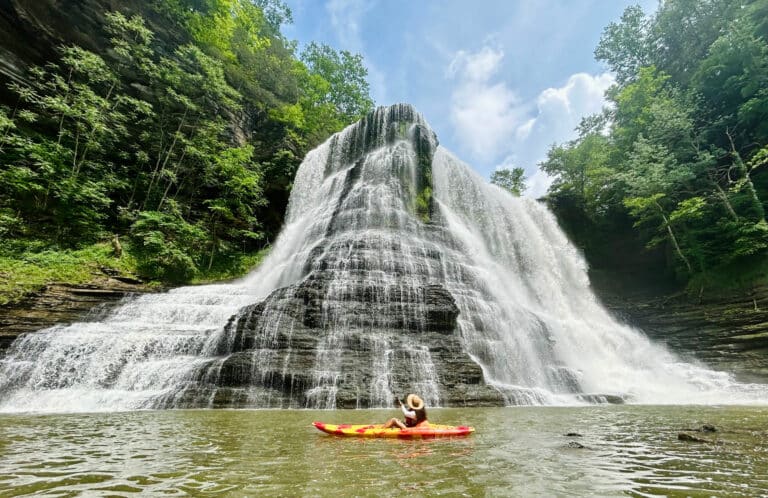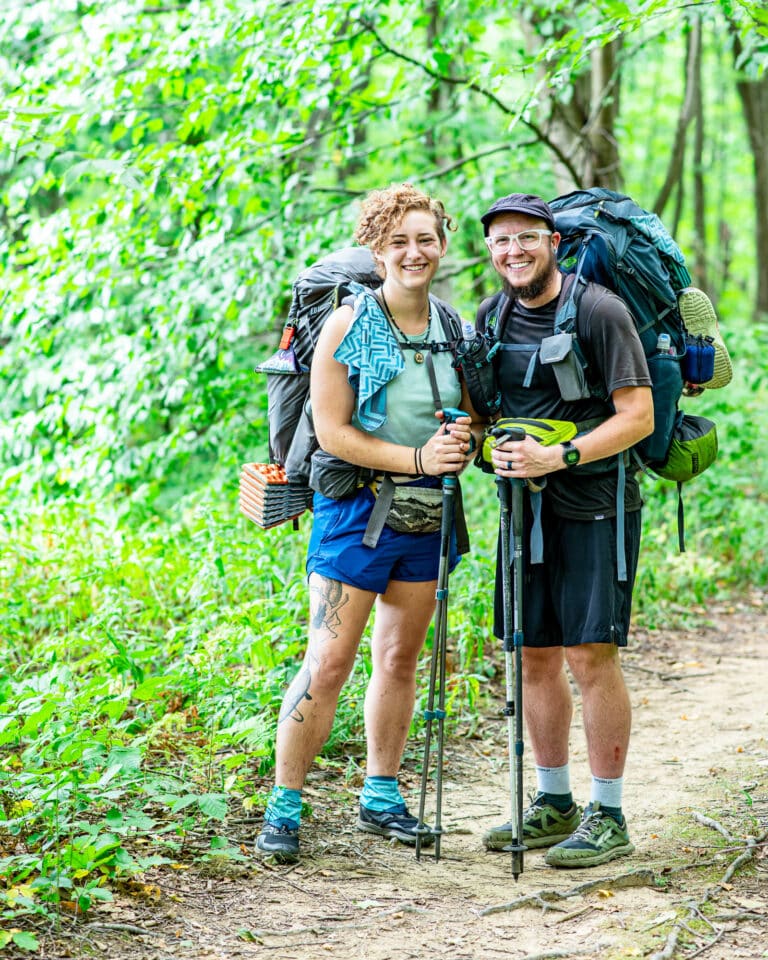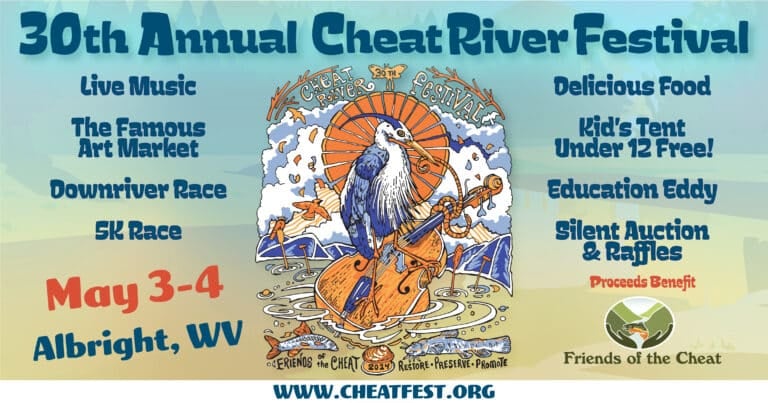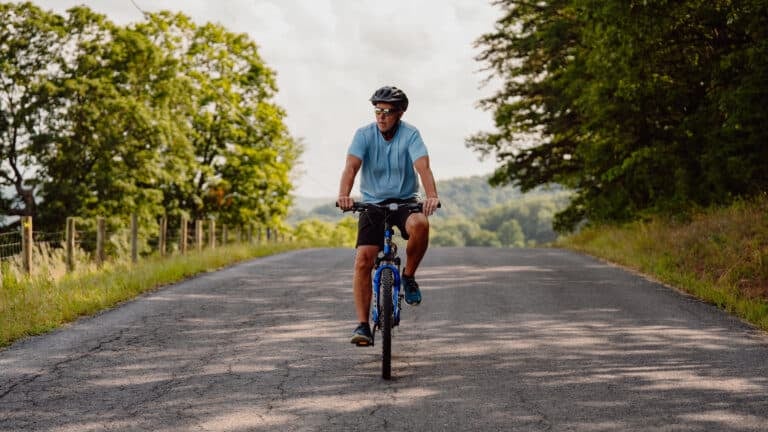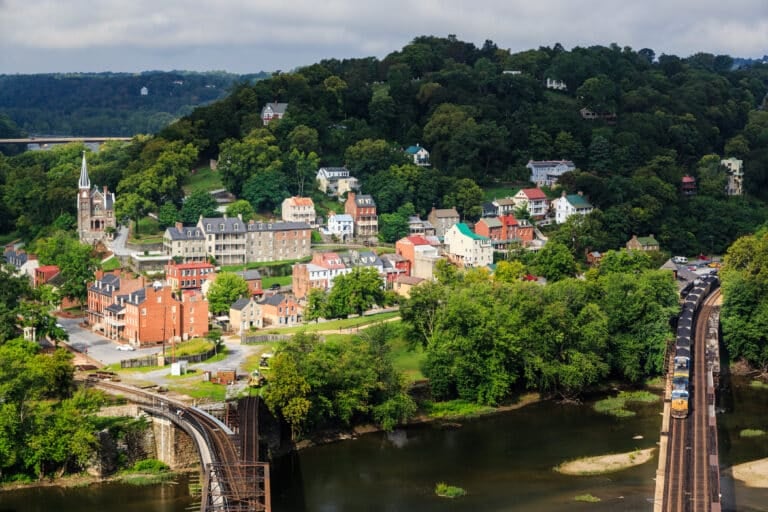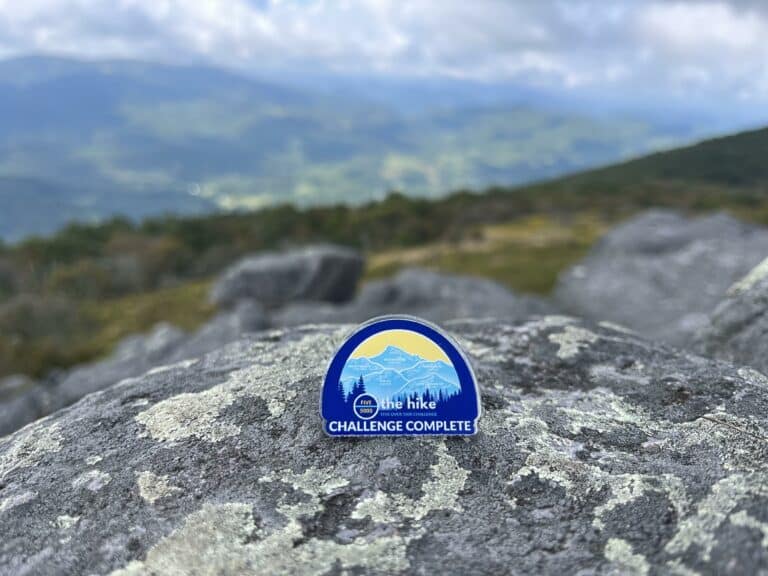Wild ginseng root can fetch thousands of dollars per pound.
Ginseng Poaching in Appalachia
It used to be that the harvesting of wild ginseng was an honorable occupation. Or at least that was the verdict among the people who lived for centuries off the land in the rough-cut Appalachian Mountains of Virginia, West Virginia, North Carolina and Tennessee.
And in fact, the “sustainable harvest” of ginseng root is still very much a part of the historic culture here, now melding uncomfortably with the new online foreign markets, based mainly in Asia, whose incessant demand for traditional medicines is grounded in the same pseudoscience wiping out Africa’s rhinos and elephants.
Right here, just outside our windows, our commonly-held natural resources are being carefully plundered by people with no more regard for natural cohesion or historical perspective than for anything else aside from immediate profit. And that’s where ginseng comes in.
Ginseng poaching is not quite as clearly a criminal scam as wildlife trafficking, and there are many legit ginseng dealers in the Blue Ridge region whose products are sold both at home and abroad. What exactly is wild ginseng’s supposed pharmacological value? What is spinning this age-old herbal supplement into ochre gold in the global black market? Is ginseng, like bear gall and pangolin scales, merely an elaborate scam rooted in disproven superstition? Or is there something more to it?
American ginseng (Panax quinquefolius) is native to deciduous forests of the United States from the Midwest to Maine, primarily in the Appalachian and Ozark regions. It is also grown on ginseng farms. It has long been used for medicine, originally harvested by many different Native American tribes and used in Asian medicinal products.
According to a 2017 study published by the National Institutes of Health, dried and processed ginseng root avails a number of the traumas inherent in our hyperactive present, including depression and anxiety, as well as in controlling hormones, producing beneficial effects on the heart and brain, and alleviating erectile dysfunction. Prevention and treatment of chronic inflammatory diseases such as diabetes, rheumatoid arthritis, and allergic asthma can also be addressed by ginseng treatment. However, the mechanism underlying the effects of ginseng on these stress-related diseases has not been completely established.
It appears that this ancient herbal remedy, utilized by Native Americans for millennia and then, as with so much else, absorbed into colonial American culture over several centuries, is something with historical bona fides that speak to its strength; if it didn’t work at all, and there were no cultural reasons for its continuance, why go through the labor and expense of making it available for either legal purchase or through the black market?
Ginseng root is exported in larger volumes than any other native plant listed by CITES (Convention on International Trade in Threatened and Endangered Species) plant species. The majority of American ginseng harvested is exported to China.
This isn’t a recent phenomenon: In the United States, the harvest of wild American ginseng for international trade began in the mid-1700s. Today, the harvest continues to have strong economic and cultural importance to many communities in the United States and to American Indian tribes.
But getting this tangled knobby root from the forest to the market makes ginseng one of the most profitable and complex poaching problems in Appalachia. And like all other aspects of the poaching wars, this one can be murderous.
James Willett is a Special Agent with the U.S. Forest Service based in Marion, Virginia, with jurisdiction over both the Jefferson and George Washington National Forests. A graduate of Randolph-Macon, Willett claims that he’s “done everything but deliver a baby” while on duty, having assisted with cuts, fractures, gunshot wounds and car wrecks.
He strapped on a bulletproof vest casually, but with an air of deliberate profession honed by decades of public service. On his belt, along with handcuffs, a taser, a radio and body camera, was a .40 caliber Glock semiautomatic handgun, weapon of choice for most police departments (and gangsters) these days. In the backseat of his looming SUV (no official decals, emergency lights hidden) were a cooler (everyone’s gotta have lunch, and these patrols can literally take days), a jump bag with spare ammo and a tourniquet for field triage, and also a folding chair.
In a secured compartment in back was a 5.56 caliber AR-15, along with an evidence collection kit, EMS equipment, a fire investigation unit and a 12-gauge Remington 870 loaded with buckshot and slugs. Willet claims to have pulled a gun on suspects a lot over the years, but he’s never had to fire a shot. He’s known officers who weren’t so lucky.
“During tough times, individuals look for ways to make ends meet. Ginseng just happens to be one method to earn money,” explains Willett. And this pirating of a public resource is often done more through desperation than through any overarching criminal plot. When interviewing suspects who have poached ginseng, Willett has been told by poachers that ginseng is an easy way to come up with money when other ways have failed.
“There’s almost nothing in the forests of the Blue Ridge that doesn’t have a price tag nowadays,” Willett said as we drove. “The question is who gets to it first.”
We were headed to Mount Rogers National Recreation Area. Our journey would take us along the Smyth and Grayson County line, weaving on and off of Highway 16 and onto gravel or dirt roads, occasionally crossing private lands in this hodgepodge of federal and privately held “inholdings.” Part of his professional challenge, Willett told me that morning, was addressing the ongoing local resentment in some areas of his patrol range against public lands.
One of the problems with dealing with ginseng poaching is the irregularity of the federal and state laws that vary widely by jurisdiction. In Virginia, there are many legal distributors of wild ginseng, but how do these businesses know where their product comes from? Was it legally grown on private land? Was it legally or illegally harvested on public lands?
Legal harvest in Virginia begins on September 1 and runs through December 31, and the following criteria apply: no plants younger than five years of age and no plants with fewer than three prongs can be harvested. Furthermore, and perhaps most interestingly, “A person who harvests wild ginseng must plant the seeds of the harvested plant at the harvest site at the time of harvest.”
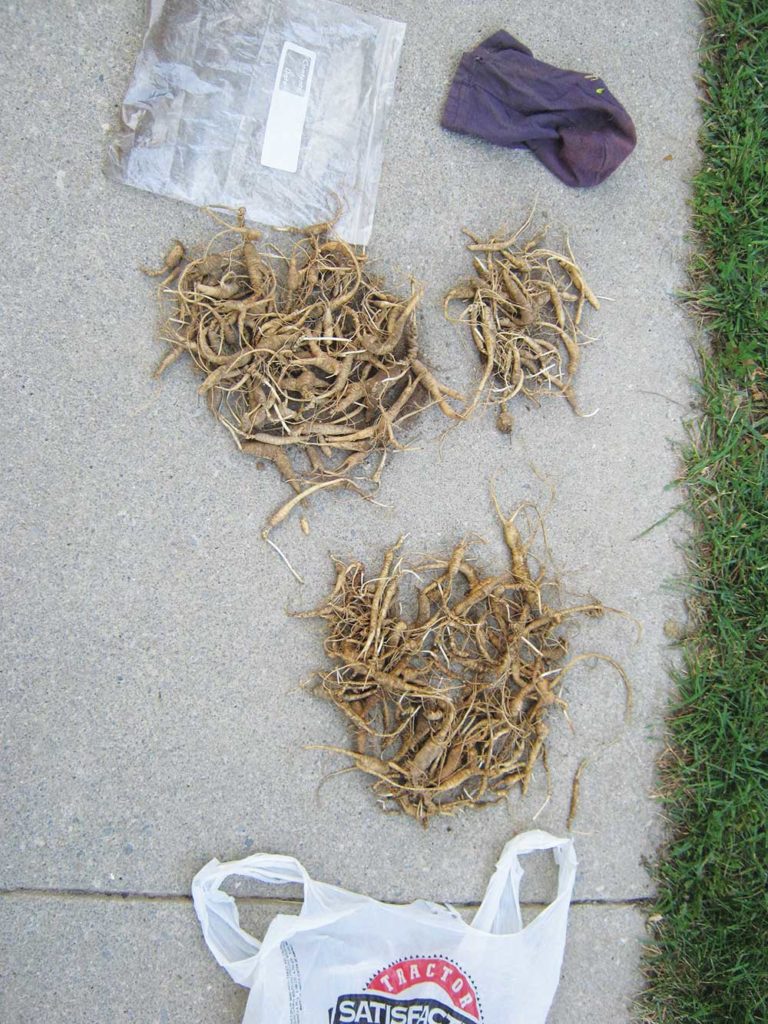
Harvesting ginseng without a permit is a violation of both state and federal law. Ginseng poaching also violates international law; it is listed in the Convention on International Trade in Endangered Species of Wild Fauna and Flora, meaning it can’t legally be harvested from public lands in the U.S. without a permit from federal agencies.
Agent Willett has served a total of 18 years in natural resources law enforcement. In this rugged terrain, “the patrols get hard,” he said. Over 40 pounds of body armor, the rancorous heat of summer, and the ever-shifting cabals of traffickers make it especially challenging.
“You have to know the sellers,” Willett says.
We’re less than a mile from the North Carolina and Tennessee borders, both visible from the Whitetop summit (5,520 feet), the highest drivable place in Virginia.
Willett tells me that Carolina ginseng poachers are a consistent problem, but that “nothing is ever typical.”
Patrols like the one I was on are “very little” of what his job currently demands, he says. “I spend most of my time these days in desk work, court appearances, interviews, and ‘windshield time’ driving to distant legal necessities.”
As is the case most everywhere else, illegal drugs are playing a serious role in the management of our public lands here in the Blue Ridge. Agent Willett says that, “drugs are everywhere” within his jurisdiction, and this isn’t all good ol’ boys trying to mimic granddaddy’s moonshine side trade with therapeutic marijuana. We’re talking “meth, opioids, heroin, used needles at campgrounds, gangs, bikers.”
At each turnoff into a more rugged road. Agent Willett stops to examine the dirt at the junction, scanning it for signs of a fresh entrance into heavily wooded terrain that only a few would legitimately seek. He advised me that it was squirrel season, and to keep my ears attuned for shotgun blasts. After a brief and uneventful pause at each crossroads, we proceeded.
While there are many legal ginseng distributors in our area—the Virginia Department of Agriculture and Consumer Services supplied me with a list of 90, few of which I called over several months would pick up the phone, much less grant an interview—the nebulous association between what’s legal and what’s not, where ginseng has been gathered and where it might have been, remains a fundamental problem within the Blue Ridge region’s contribution to this rocketing environmental issue. Your herbal ginseng, its health effects nebulous but aspirational, may or may not have been poached from public lands, and may or may not have been transited through criminal networks.
I did talk with one dealer—“Roger” (he wouldn’t provide a surname). He’s in charge of sales at American Ginseng, an online market offering both fresh and dry wild ginseng roots, as well as powder and leaves. He says his business is family-owned, and that he’s the third generation of ginseng harvesters, or “diggers” as he refers to them, buying only wild ginseng from licensed harvesters in Virginia, West Virginia and North Carolina. Roger says that the ginseng market is very competitive among diggers, processors like himself, and sellers and exporters.
He claims that his company sells only wild ginseng so as to assure buyers that pesticides and herbicides won’t impair the finished product. American Ginseng even distributes over 100,000 ginseng seeds annually to diggers looking to maintain their wild sources. “I’m passionate about selling ginseng,” he told me, “as well as buying it from licensed diggers and preserving it for future generations.” Roger listed the immunological and memory benefits of wild ginseng root, as well as its applicability in treating the aftereffects of chemotherapy, such as fatigue and nausea.
Agent Willett and I didn’t round up any poachers the morning I rode with him, but the message was clear: folks are viewing our public lands as personal reservoirs of profit.
Typical of our entangled relations with the natural world, the harvest and consumption of wild ginseng has many opposing angles. There’s a legitimate desire, rooted in the deepest echoes of American history, for this appealingly natural solution to a host of infirmities. The issue is how to conduct this healing harvest in a responsible manner, one that will allow succeeding generations to enjoy the restorative remedies of centuries past through a plant that holds potential hope for human health, if we can just learn to give it room to grow.
